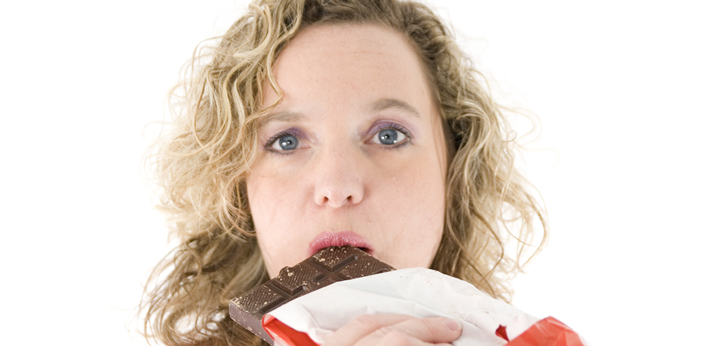If you want to learn how to lose weight, get familiar with some powerful tools you can use on your mind that will strengthen your willpower. The truth is many people are overweight because the food they have learned to love or eat due to convenience and habit is addicting. There is a new book out Anatomy of Addiction by Howard Markel who explains how Freud overcame his cocaine addiction.
Everyone knows one of the hardest things to overcome is a cocaine addiction, but did you know research on rats showed the same changes in the brain from eating sugar as from cocaine.
Back in the days when Freud was doing cocaine, it was not known how powerfully addicting cocaine was. Someday we may look back on packaged and convenience food the same way. You may not know this, but the original formula for Coca Cola contained cocaine.
Most recovering addicts claim there are two keys “touchstones of successful recovery…daily routines and rigorous accountability.” So how can you create your version of this touchstone?
1. Get conscious about it. Some call it mindfulness and yes meditating can increase your ability to stay focused and concentrate which is key to gaining control of your actions. Just like in meditation, when your mind wanders, every time you come back to your point of focus, you dissolve the habit’s power just as you do a thought. Whether it is the breath or a mantra, when a thought comes up in meditation, by putting your attention on something else, you put distance between yourself and the automatic action.
2. Consider signing up for a website such as www.habitchanger.com. They send you frequent texts that cause you to think twice before acting. That is the problem…most people do not think! If they do think, there is this internal voice that can be negative and ends up having the wrong effect. You need to become aware of how you sabotage yourself and be prepared.
3. Try having a dialogue with the sabotaging voice. It is well known in the field of psychology that we have what amounts to a cast of characters within us that appear to be a life of their own. Next time you notice the sabotaging part of you that tries to tell you it doesn’t matter, engage with it until the impulse to eat inappropriately loses power over you. Repeat a preplanned mantra to yourself like “that is just the addicted part of my brain sending me a false message.” Remind yourself or think about vividly why you do want to change or how breaking this habit is more valuable than some fleeting gratification that causes you to feel bad in the end.
I recommend you try some of these strategies and put them center stage in your plan to lose weight. It is not just about the…diet and exercise. Successful weight loss involves the ability to do a mental tete a tete with your mind, have structured daily routines that work and to be


